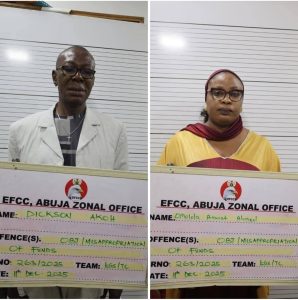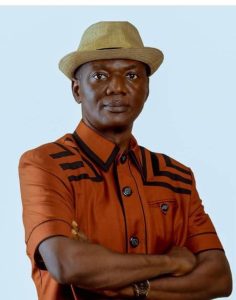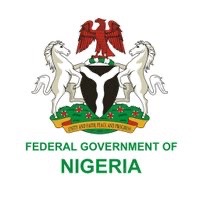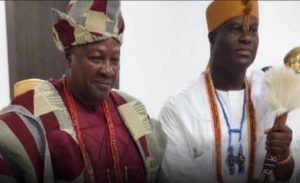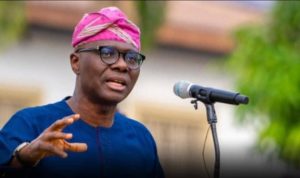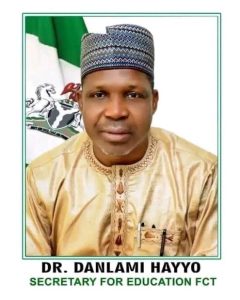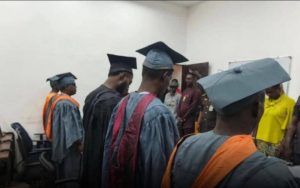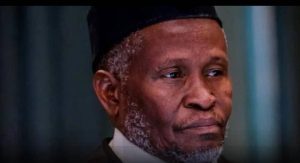By Damilare Adeleye & Ikugbadi Oluwasegun
As the Nigeria marks its 64th Independence Day anniversary, the prevailing mood across the country is largely far from the euphoria which is typically associated with such historical momentum.
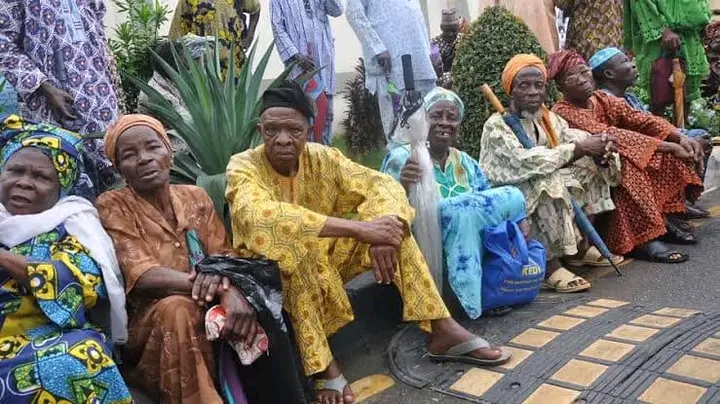
Sixty-four years ago, the hopes were high on prosperous and equitable country for all citizens. However, the hopes seem dashing away faintly and the illuminating future forecast by the patriotic nationalists is no longer in sight. The solemn celebration of this year anniversary is evidently not unconnected with the pervading economic hardship which has plunged many citizens into poverty line. Many believe that the widespread hunger and frustration were occasioned by economic policies of President Bola Tinubu administration, who has barely spent two years in office. Sensitive to the biting economic downturn, the federal government has also announced low-key celebration for the 2024 Independence Day.
Coincidentally, at the same time of low conviviality, some Nigerians have announced plans to occupy major cities across the country in protest against the depressing economic crisis and misgovernance. Some of the demands of the protesters range from a return of petrol subsidy, cut in food prices, introduction of free education, good governance, justice and constitutional reforms.
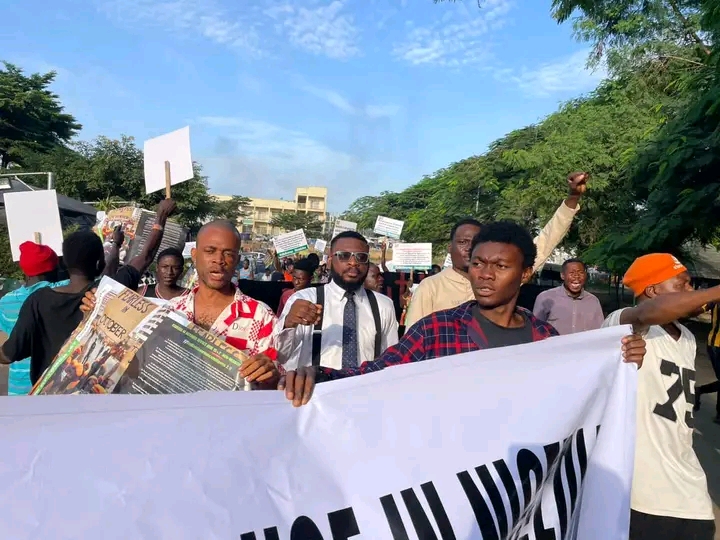
Recall that barely a year in office, President Tinubu-led federal government stopped fuel subsidy, floated the Naira and increased electricity tariff officially for Band A categorized customers and hiked the price of school fees across all levels. Following these developments was high cost of living and decline in standard of living as prices of basic and essential goods and services surged astronomically. In reality, the ‘Renewed Hope reforms’ were mostly biting harshly on the masses, and forcing several small and medium businesses to either cut down on their labour force or close down. By extension, many multinational firms have exited the country, citing unfriendly business environment.

At 64 years, majority Nigerians do not have access to quality healthcare system. Millions of students are also forced out of schools due to abysmal fees increase. High rate of unemployment, bad roads, lack of 24-hour electricity supply and insecurity are challenges staring many Nigerians on their face.
On the flip side, President Tinubu administration has made major headway towards ameliorating the effects of the unprecedented economic quagmire. Some of the government’s ongoing initiatives include investment in Compressed Natural Gas (CNG) as alternative to petrol, Consumer Credit Scheme, Students Loan Fund, Renewed Hope Cities, increment in minimum wage, distribution of food palliatives, infrastructures, among others. Regardless, many Nigerians are still groaning over the untold hardship facing them daily.
Commenting on the 64th Independence anniversary, Taiwo Oyeleye, social media commentator, remarked that the nation’s situation was not impressive as things were only deteriorating.
He said, “It’s not impressive, and the state of the nation is deteriorating. Nothing is impressive about the economy as it stands. Multitudes are growing retrogressively into downward mobility. Local businessmen are at the receiving end, and huge complaints are the watchword of every struggling citizen. Looking closely, barely can we see patriotic citizens. The economy of the Nigerian state has made many lose faith in our fatherland. In all, Nigeria will prevail.”
Similarly, Awwal Musa Bashir, lamented that since gaining its independence, Nigeria’s economy has remained unstable due to poor leadership and week institutions.
“To be honest Nigeria’s economic progress since independence has been in a meta stable state of confusion. Unstable policies, poor leadership, dysfunctional institutions and insecurity have bedeviled the Nation from realizing its true potential,’’ he said.
He added that, “Our Leaders need to roll their sleeves to pull us out of the conundrum by strengthening institutions, improving leadership for altruistic reasons, creating enabling environments for business, education and all tenets of development to thrive!”
On his part, Ismaila Academician, expressed mixed feelings over Nigeria’s economic progress since independence.
“The economic progress since independencehas been a mixed bag. While the country has made significant strides in some areas, such as agriculture and telecommunications, it has also faced numerous challenges, including corruption, poverty, and inequality.
“Overall, I would rate Nigeria’s economic progress over the past 64 years as average. The country has the potential to be a major economic power in Africa, but it needs to address its underlying problems in order to achieve its full potential. Corruption is Nigeria’s deadliest enemy to progress,“ he said.
Also reflecting on the 64th anniversary, Sheikh Abdullahi Abubakar from Zaria, said Nigeria’s economy was mixed fortunes.
“As we celebrate Nigeria’s 64th Independence anniversary, our economic journey has been one of mixed fortunes. On the one hand, we have experienced periods of economic growth driven by our natural resources, particularly oil, which has funded national development efforts. Yet, challenges persist—poverty, inflation, unemployment, and economic mismanagement have held back our full potential.
“While our economy has shown resilience, and sectors like technology and agriculture are rising, there is still much work to be done. Independence reminds us that this is our nation, and despite economic hardship, we have the power to create a brighter future. Our economic progress may have been slow and uneven, but with unity and hard work, the next chapter can be better.”
Meanwhile, in a statement on Monday, marking Nigeria’s 64th Independence anniversary, Jeo Ajaero, President of the Nigeria Labour Congress (NLC), praised workers for their strength in the face of broken promises, exploitation, and corruption.
He called on citizens to maintain hope in the country in the face of enduring decades of failed leadership.
“We urge downtrodden Nigerians, who have borne the brunt of these betrayals, to continue protesting against injustices within the bounds of the law,” Mr Ajaero said.
He emphasised that citizens should resist the political elite’s efforts to subvert democratic norms and values, cautioning the political class against continuing to undermine democratic institutions, noting that the current state of the country is a direct result of their actions.
“The consequences of their acts of commission or omission brought us this far. It is time to turn a new leaf. Let it be the beginning of a new low,” Mr Ajaero said.
Also, in his address on Thursday at a press conference to unveil the activities lined up for the 64th Independence Anniversary of Nigeria, the Minister of Information and National Orientation, Mohammed Idris, said President Tinubu was implementing a series of transformative policies and reforms designed to address the missteps of the past and set Nigeria to emerge as a formidable economic superpower in the near future.
“Under the visionary leadership of President Tinubu, we have initiated transformative policies and reforms aimed at correcting the missteps of the past and repositioning Nigeria as an economic superpower in the near future. Despite global economic headwinds and the transitional pains accompanying some of the reforms, the President has remained focused in his efforts towards reviving our economy and returning the country to the path of prosperity and sustainable growth.
“In addition, lot of work is going towards ensuring macroeconomic stability, stabilizing the foreign exchange regime, reforming the tax system to make it more efficient, and less burdensome on Nigerians, repositioning our oil and gas sector to attract new investment, and prioritizing the diversification and expansion of government revenues,” he stated.







